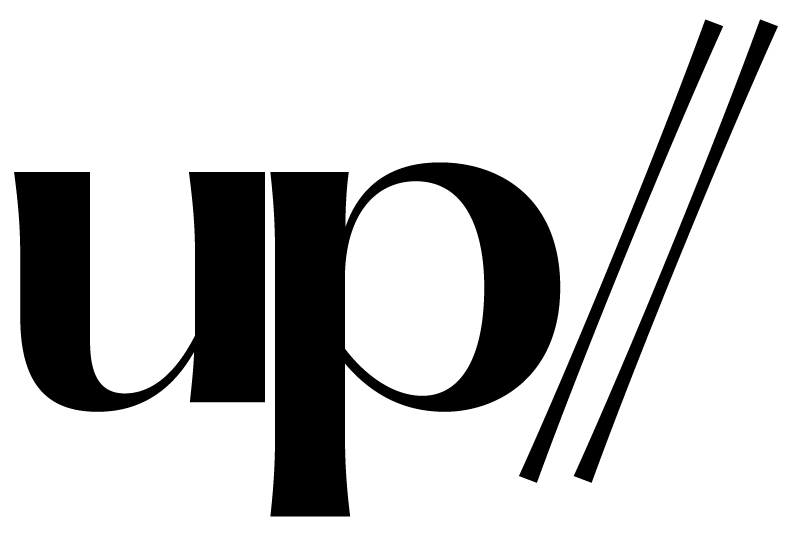
The Power of Community Building:
Reflections from a First-Time JCLC Attendee
by Ramón García
I learned early on in graduate school that librarianship is not a diverse field.
Even so, I didn’t realize just how entrenched white hegemony runs in the profession until I obtained my first librarian position, where coworkers and supervisors occasionally referred to me by the name of the only other male librarian of color and vice-versa. In addition to the feelings of condescension that typically accompany the experience of microaggressions, I felt a level of frustration I hadn’t felt in some time.
Luckily, the few librarians of color at my library had an informal community of support held together, in part, by the often-isolating experience of being one of the few professionals of color in a predominately white field. Having an intimate group I could confide in and participate in mutual emotional support with proved to be crucial to my first year as a librarian. There were a number of reasons why my first year was challenging, but my small support group proved to make a world of difference in how I met those challenges.
Academia and, by proxy, libraries were never originally intended to meet the needs of all people. So, it makes sense for BIPOC librarians to feel a sense of alienation in a profession that claims to celebrate and value diversity, but which in fact is sorely lacking in terms of real representation. It’s this fact which serves to further demonstrate the need for not just BIPOC centric spaces, but solidarity among librarians of color.
I had been aware of the major library conferences for some time, and I eventually came to find out about smaller conferences held by REFORMA and BCALA, but I wasn’t aware of JCLC until a colleague from my library’s support network provided the most reassuring testimonial of a conference I’ve ever heard.“I wept tears of relief, tears of joy.” I knew librarians picked up ideas and made connections at conferences, but I’d never heard of one that could bring a person to tears. I had already experienced the impactful difference my support network made in my own day-to-day life at the library, so I had to see for myself what this type of solidarity could look like on a national level. I knew I had to attend the conference.
Like the calming ocean breeze over the shore of the Gulf of México, walking into a conference hall nearly entirely composed of BIPOC librarians almost instantly brought me a sense of belonging I haven’t always felt in the library world. Between sessions, the soft sounds of contact information being exchanged, the exuberant joy of cross continental reunions, and the general hum of excitement flowed forth from attendees and reverberated throughout the conference hall and out to the shores of St. Pete Beach. A room composed of “the only ones” and the “othered” making up the majority of a conference in a profession where we only make up about a fourth of the workforce was a sight I’ll always cherish. We took up space and it was beautiful.

…the general hum of excitement flowed forth from attendees and reverberated throughout the conference hall and out to the shores of St. Pete Beach.
One of the most impactful sessions I attended during JCLC was the last Call to Action. The session started with an open question to the audience, “Have DEI initiatives benefited you?” There were a number of success stories – individuals rising through the ranks to positions of power, others finding their employment choices reinforced through DEI initiatives – but there were far more significant struggles highlighted. There were several first-hand accounts of BIPOC librarians being gaslighted by their library administrators over legitimate issues while others shared their frustrations over being demoralized and put-down by their direct supervisors. Though the session proved to highlight difficult dialogue, it was through this community around shared struggles that some of my most powerful conference takeaways came forth from.
Perhaps the most powerful response to the numerous first-hand accounts of the issues plaguing BIPOC librarians was a panelist letting a colleague, and the entire room by proxy, know that, “We need you to come back to this room.” This simple statement became one of my major takeaways. We, librarians of color, can and must take care of each other. A sentiment perhaps best illustrated by an instance of an attendee, who was brought to tears during the session, being comforted by strangers who had no issue getting up and walking across the conference hall to comfort our colleague.
The session that best embodied the spirit of support and community building as a response to oppressive institutional structures was entitled “See Change: BIPOC Worker-Led Collective Approaches”. The session, by University of Missouri Kansas City (UMKC) librarians, detailed not only the challenges faced by UMKC BIPOC library workers, but also how they organized to address those challenges. The issues faced by the UMKC librarians were by no means unique to their institution – in fact, the majority of them are fairly common amongst libraries. What set these librarians apart was how they organized outside of the traditional labor union structure to address their challenges.
2020 brought to the forefront several issues that have been brewing in institutions of higher education and their libraries for some time. Issues like institutional racism, lack of support and benefits for part-time/hourly library workers, and additional labor going uncompensated. In response to the additional financial burdens COVID-19 brought upon library workers, UMKC librarians established a Libraries Worker Relief Fund to provide immediate financial assistance for their colleagues. Part of the reason UMKC librarians were so quick to establish their mutual aid fund was the fact that they had already engaged in the process of creating and sustaining a community of BIPOC library workers. Through this established community, UMKC librarians were ultimately able to make several organizational changes like implementing institutional support for BIPOC library workers to engage in career development, instituting anti-oppressive structures and practices, increasing compensation and mobility by race and gender, and compensating librarians for formerly uncompensated work.
During the session, I was in awe of the many demands UMKC librarians were able to attain. But, after reflecting on their session as well as the time and effort spent by UMKC librarians in building community, it makes complete sense that they were able to accomplish so much. I'm fully aware of the fact that institutions of higher education and the library profession itself may be hesitant to change, and at worst may actively work to block necessary changes. But, attending JCLC forever colored my outlook on the power and potential BIPOC librarians hold whenever we come together. When we band together to build community amongst ourselves, we create and nurture the spaces we need in order to survive and thrive.
Going forward with my professional journey, I’ll remember that, though librarianship is a profession slow to progress, the possibility for institutional change is heightened whenever solidarity exists among library workers. A solidarity that can take on many forms. Like conference attendees wading through the shore, badges flowing in the breeze, peace clear on their faces as the tides’ ebb and flow pulls their troubles away, we can and must take care of each other. But, it’s wholly possible to do so with joy.
It’s our communities and their respective spaces which allow us to be our fullest selves in spite of the mechanisms which actively work to prevent us from doing so. Like the collaborative JCLC Dance Party Playlist, we’re a kaleidoscope of backgrounds brought together to joyfully celebrate and uplift one another. In doing so, we sustain each other and begin shaping the library world to best fit the needs of all of us.
Ramón García is a first generation Mexican-American currently working as a Learning Commons Librarian at Dallas College. In this role, he focuses on delivering library instruction and outreach to traditionally underserved students. A previous library resident, he is also an ALA Emerging Leader, ALA Spectrum Scholar, and an ARL Kaleidoscope Scholar. When not in the library, he enjoys long hikes, going to the movies, and spending time with his two cats, Chuy and Hubie.



